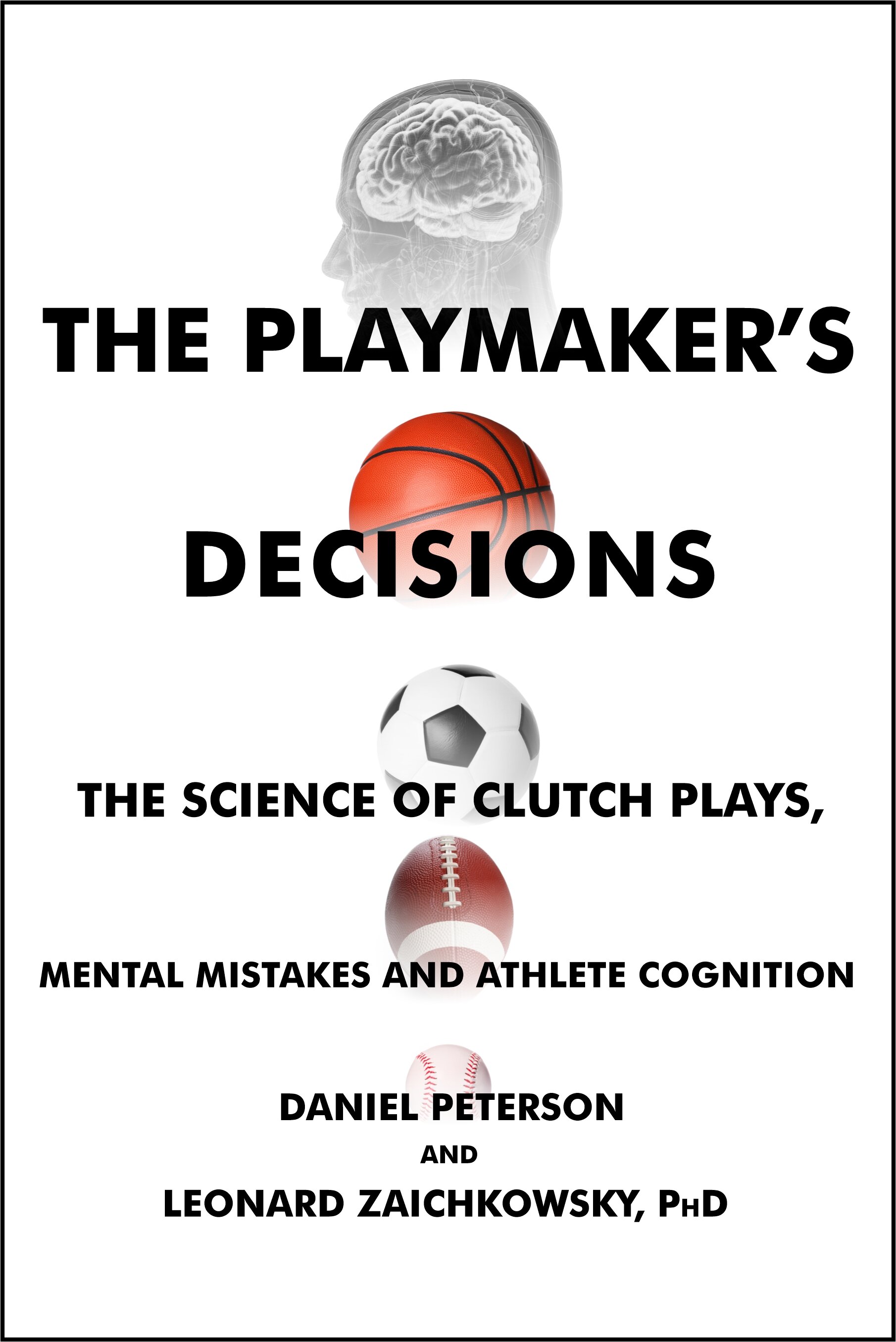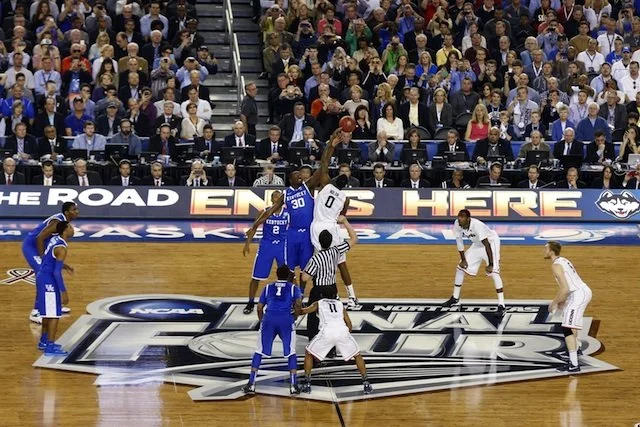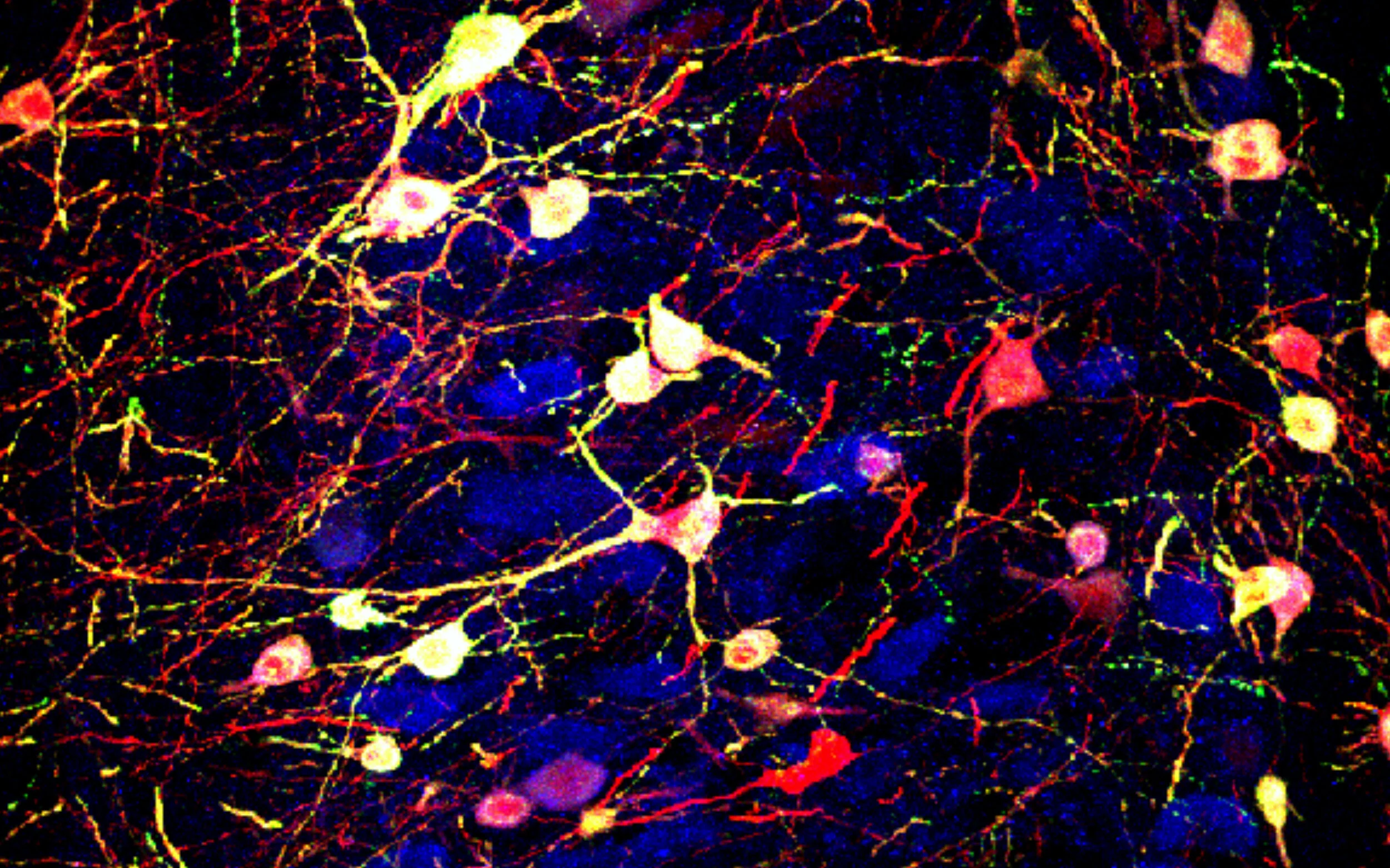What Young Athletes Need Besides 10,000 Hours Of Practice
/
The 10,000 hour theory has become the American dream for developing athletes. Just work hard enough and your gold medal, Hall of Fame, championship ambitions can come true. It is achievable, measurable and finite.
However, many athletes never quite cross the 10,000 hour finish line, and have used the scapegoat reason, “I just didn’t have enough time to commit to the sport.” Now, recent research suggests that while 10,000 hours of deliberate practice may be necessary to achieve world-class status, it may not be the only ingredient to success.
Celebrating its 20th anniversary this year, a research paper by Florida State professor K. Anders Ericsson, The Role of Deliberate Practice in the Acquisition of Expert Performance, has been cited in the scientific press over one thousand times earning its own HOF credentials. The gist of it is that Ericsson visited a West Berlin music academy and interviewed violin students and their teachers. First, he asked the students to estimate the number of structured practice hours they had endured up to age 20. Then, he asked their teachers to divide the class into good, better and best thirds. The correlation uncovered showed that the best students had accumulated, on average, over 10,000 hours of practice while the middle group was at about 8,000 hours and the bottom group had not reached 5,000 hours.
However, many athletes never quite cross the 10,000 hour finish line, and have used the scapegoat reason, “I just didn’t have enough time to commit to the sport.” Now, recent research suggests that while 10,000 hours of deliberate practice may be necessary to achieve world-class status, it may not be the only ingredient to success.
Celebrating its 20th anniversary this year, a research paper by Florida State professor K. Anders Ericsson, The Role of Deliberate Practice in the Acquisition of Expert Performance, has been cited in the scientific press over one thousand times earning its own HOF credentials. The gist of it is that Ericsson visited a West Berlin music academy and interviewed violin students and their teachers. First, he asked the students to estimate the number of structured practice hours they had endured up to age 20. Then, he asked their teachers to divide the class into good, better and best thirds. The correlation uncovered showed that the best students had accumulated, on average, over 10,000 hours of practice while the middle group was at about 8,000 hours and the bottom group had not reached 5,000 hours.
After checking this relationship within other groups of skilled experts, Ericsson found similar patterns of 10,000 hours of practice and concluded that innate talent or “what we’re born with” had little to do with becoming an expert in any field, even sports. With that declaration, the dream (and the practice odometer) was launched.
However, since that landmark 1993 paper, other researchers have been finding exceptions to the rule; some experts were crowned with only 3,000 hours of practice while others still had not reached the mountaintop even though they had doubled the 10,000 hour mark.
David Hambrick, associate professor of psychology at Michigan State, has been searching for the other necessary ingredients for several years. In 2011, he and his colleague Elizabeth J. Meinz found that deliberate practice among pianists did account for almost half of the variance between experts and novices. But in their quest to find out what else mattered to make up the other 50% of variance, they found that working memory capacity, the ability to remember a set of objects while engaged in another task, was also a significant determinant of success.
This month, Hambrick and his team released new research that looked at 14 different studies of chess and music students to find other clues to expertise. Again, they were convinced that deliberate practice alone was not enough.
“The evidence is quite clear,” he writes, “that some people do reach an elite level of performance without copious practice, while other people fail to do so despite copious practice.”
Across those chess and music studies, they found that practice explained about one third of the journey to being world class. One new factor that did emerge was starting at a young age. Logically, someone who started training at age 7 versus 12 would have five more years of practice, but Hambrick found that even when total hours of practice were comparable, the student that started at an earlier age became more accomplished. “This evidence suggests that there may be a critical period for acquiring complex skills just as there may be for acquiring language,” he concluded.
Also, overall intelligence did make a difference, at least for these chess and music students. Those students with a higher tested IQ, including working memory capacity, were also more likely to end up being experts.
Finally, grit, a determined attitude to succeed, also played a role in creating success. The term has been made famous by Paul Tough in his book How Children Succeed, based on the research of psychologist Angela Duckworth (see TED talk below). The desire and passion to get better drives the willingness to spend so many hours practicing a skill.
So, what does all of this mean for the aspiring superstar? That practice, as much as possible, is still a necessary evil to getting better at a sport. However, it also confirms that different athletes have different qualities and progress through their journey at different paces. They may need some guidance based on their individual strengths that will help them find the right sport.
“If people are given an accurate assessment of their abilities and the likelihood of achieving certain goals given those abilities,” Hambrick predicted, “they may gravitate toward domains in which they have a realistic chance of becoming an expert through deliberate practice.”
Join Axon Sports on Twitter and Facebook.













